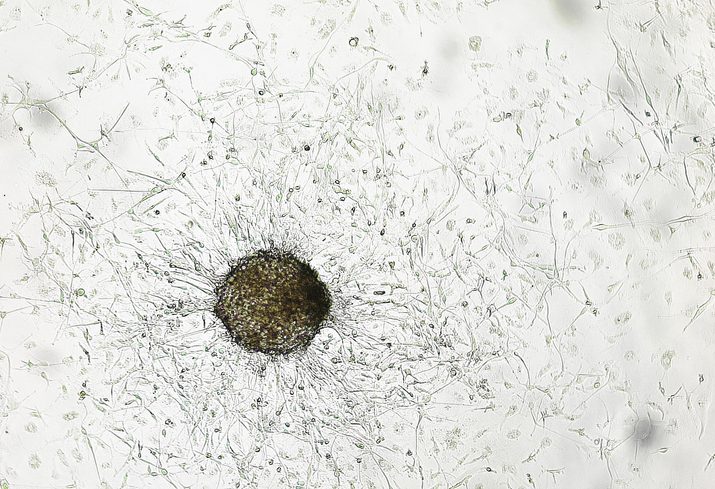
A study published in the European Journal of Cancer found that anticoagulant use was not associated with improved overall survival (OS) in patients with glioblastoma.
Researchers assessed survival associations of anticoagulant use from baseline to the start of temozolomide chemoradiotherapy (TMZ; period I) and from there to the start of maintenance TMZ chemotherapy (period II).
Anticoagulants, also known as blood thinners, are often prescribed for a wide variety of conditions. Dr. Timothy Cloughesy recently contributed to a study that investigated if they had a role in treating glioblastomas. Read more: https://t.co/h1a3d3GljV @OncologyAdvance
— UCLA Neurology (@UCLANeurology) August 5, 2018
They used data from 3 randomized, clinical trials of 1,273 patients with newly diagnosed glioblastoma. Seventy-five patients (5.9%) used anticoagulants during period I and 104 patients (10.2%) used them during period II.
Anticoagulant use during period II, was associated with inferior OS compared to no use (hazard ratio [HR] = 1.52; 95% CI, 1.18-1.95; P=0.001). However, there did not appear to be an association with survival when anticoagulants were used during period I.
The researchers observed no decrease in OS when only patients with prophylactic anticoagulant use were considered. Antiplatelet agent use was also not associated with survival.
Source: European Journal of Cancer







 © 2025 Mashup Media, LLC, a Formedics Property. All Rights Reserved.
© 2025 Mashup Media, LLC, a Formedics Property. All Rights Reserved.